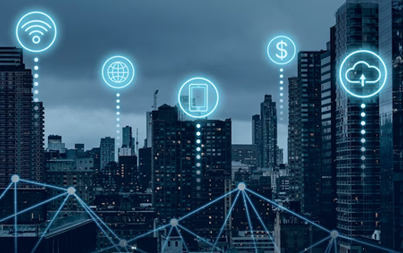
Coworking spaces have highly transformed the conventional work approach by offering them space, comfort, and flexibility. While maintaining hygiene and safety holds the utmost importance in any office, it is crucial for shared workspaces, which attract a large and diverse workforce that keeps evolving and expanding. There are a set of guidelines, regulations, and practices designed to ensure the well-being and protection of individuals in a coworking space. Such standards typically cover the following aspects:
- Physical Safety and Security Surveillance – This ensures adequate lighting on the premises, unobstructed emergency exits, and a comfortable workstation setup to avoid unwanted accidents and discomfort. Maintenance of a secured environment with restricted unauthorized entry, and awareness of electrical hazards is an essential check towards electrical safety and security measures. Laws governing these include –
- Private Security Agencies (Regulation) Act, 2005 – Security personnels should follow training, authority, and uniformity maintenance regulations.
- Indian Electricity Act, 2003 – Mandates compliance with electrical safety standards, including regular inspections by qualified electricians.
- National Building Code of India, 2016: Defines minimum standards for building strength, structural integrity, and access to emergency services.
- Fire Safety – Continuous fire drills should be conducted to ensure awareness of the evacuation process. The co-working space should have ample fire extinguishers and working alarms to avoid mishappenings.
- Fire and Service Safety Measures Rules, 2011 – This mandates fire safety equipment, escape routes, evacuation plans, and drills. Regular checks and maintenance are crucial.
- National Building Code of India, 2016 – Sets standards for fire-resistant materials, escape routes, firefighting equipment, and emergency lighting.
- Disaster Management Act, 2005 – There should be documented emergency response plans for various scenarios, including earthquakes, fires, medical emergencies, and security threats.
- Hygiene, Cleanliness, and First Aid – Amidst the increasing health concerns, it’s essential to have clean pathways, ventilated spaces, and availability of hand sanitizers. There should be easy access to first-aid kits along with the availability of trained medical personnel in case of emergencies.
- The Factories Act, 1948 – While coworking spaces might not technically be factories, this act can guide practices related to temperature control, lighting, ventilation, and sanitation in workplaces, applicable to shared workspaces.
- The Food Safety and Standards Act, 2006 – If a coworking space provides catering services, this act governs food hygiene and safety standards.
Safety Comes First – Covid 19 Precautionary Measures
Being alarmed by the COVID-19 pandemic, co-working spaces should implement relevant protocols to prevent the spread of infectious diseases. Precautionary measures like social distancing and mask-wearing should be made compulsory to maintain a sanitized environment.










